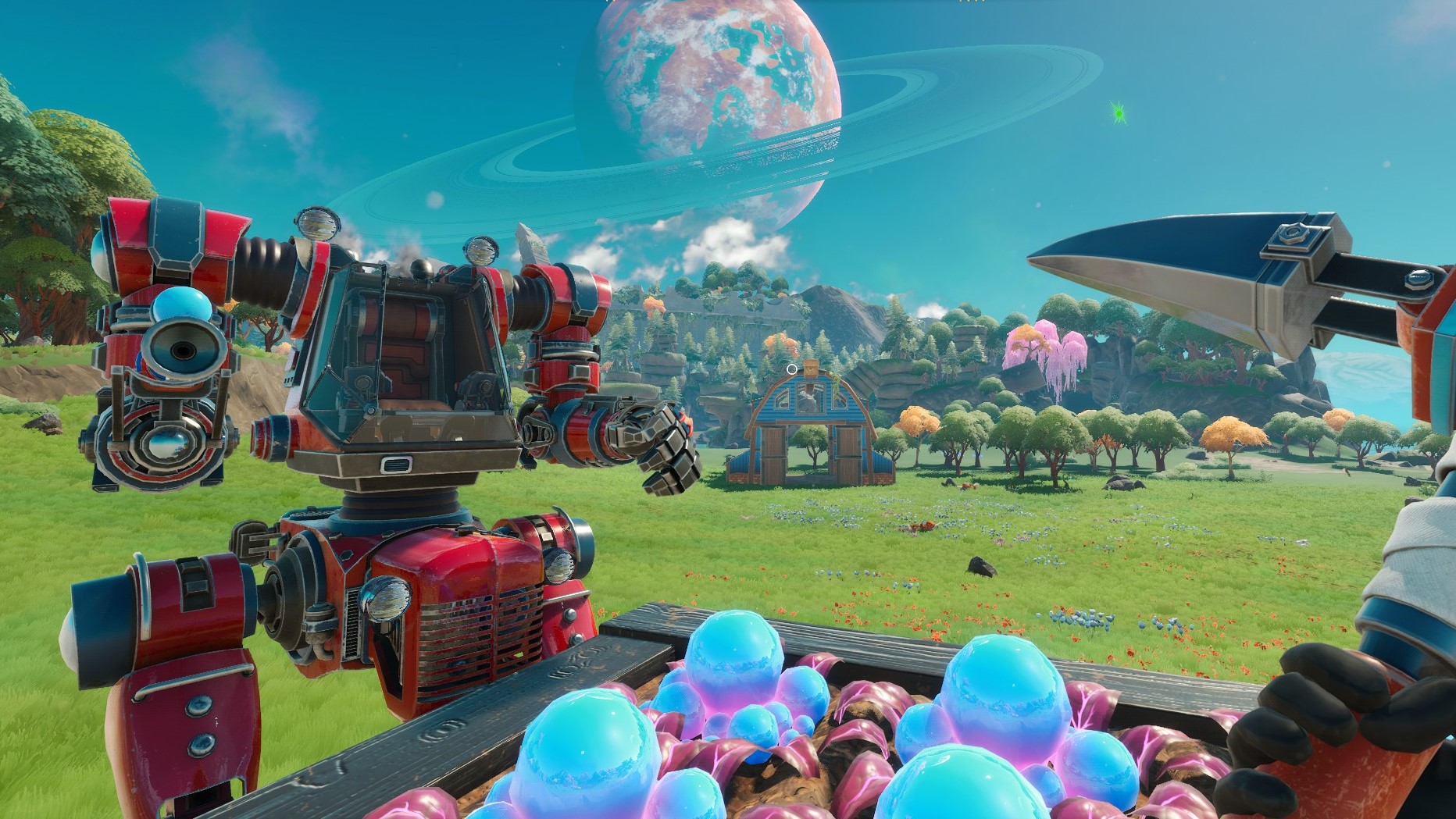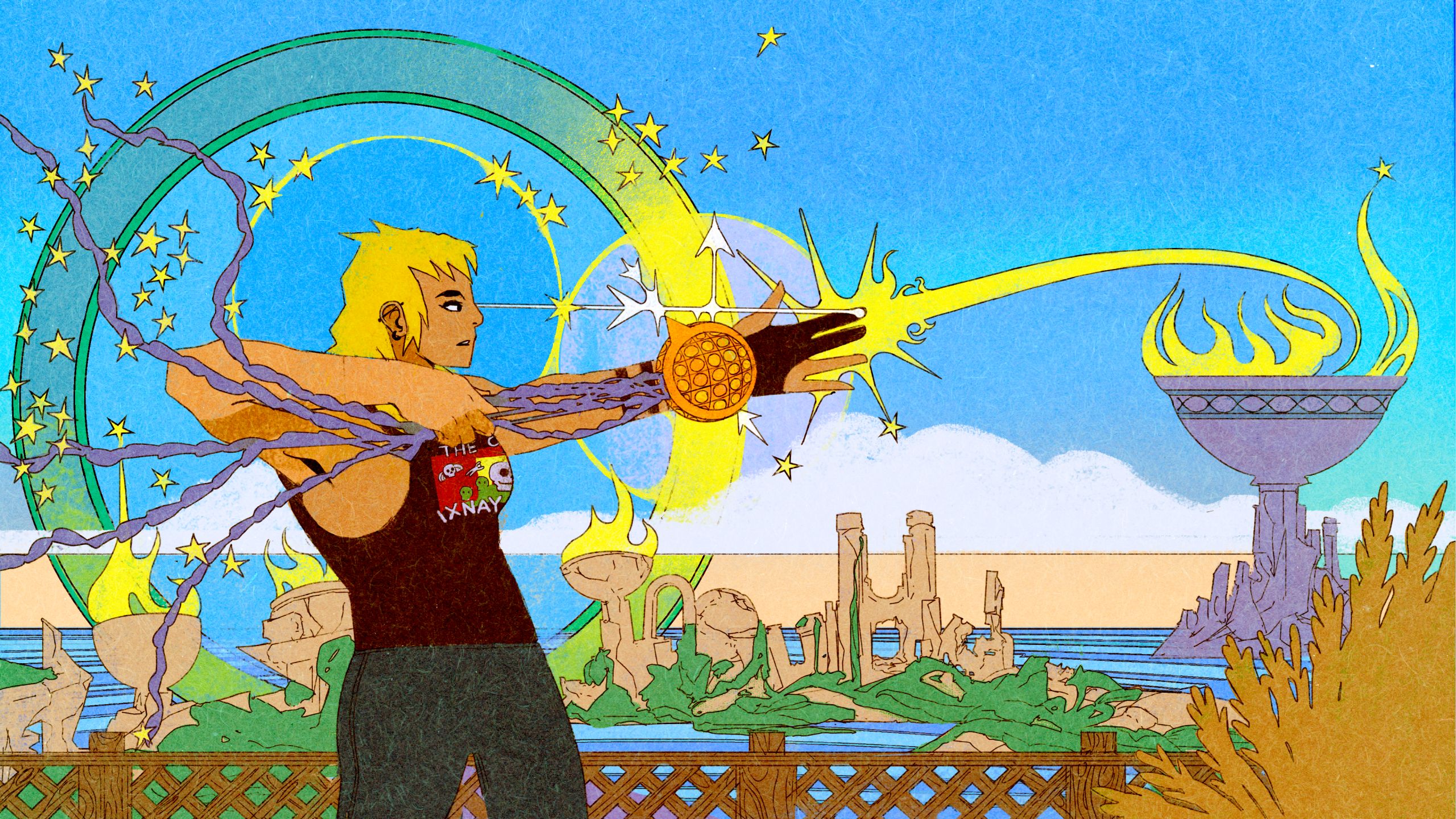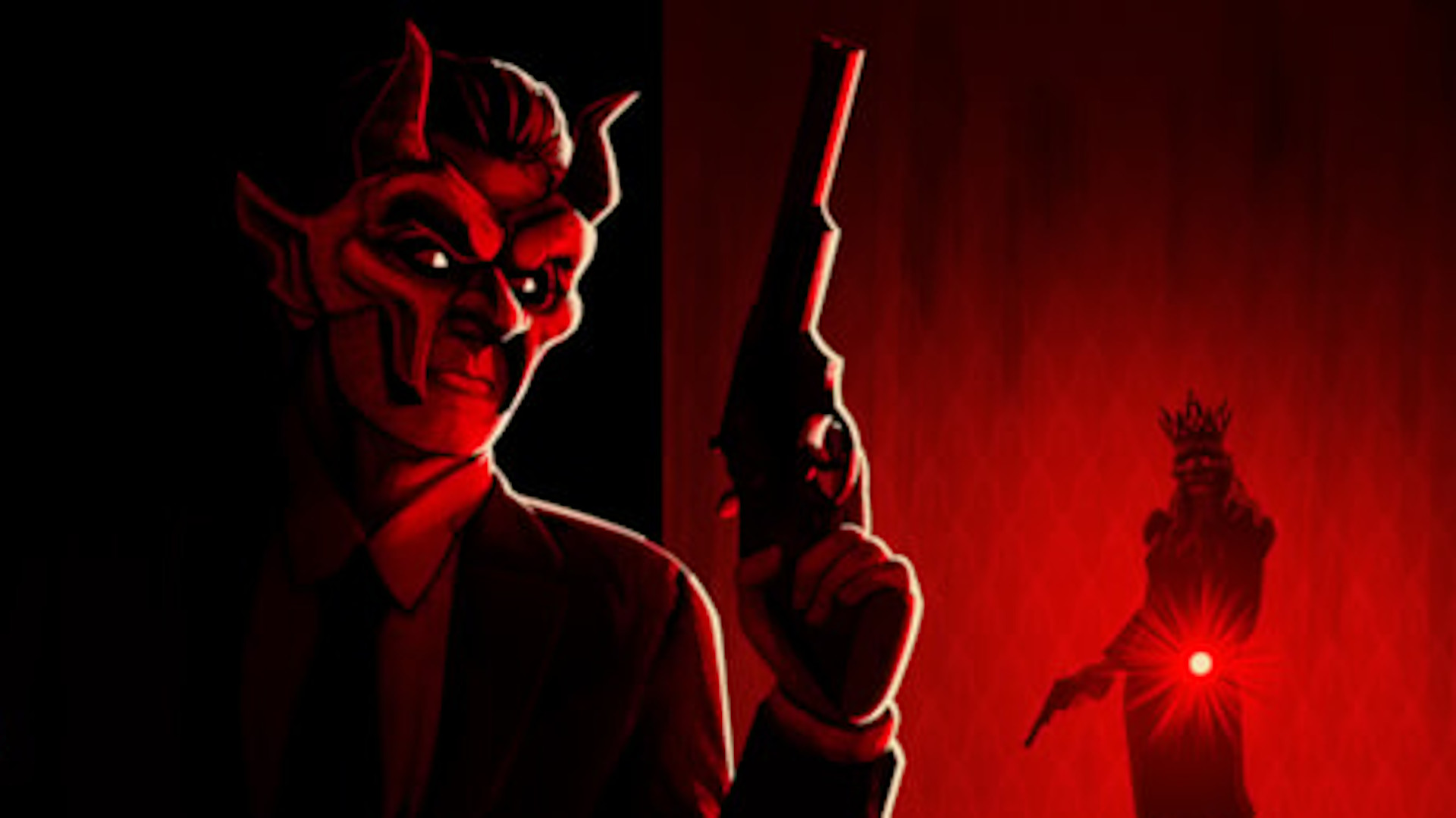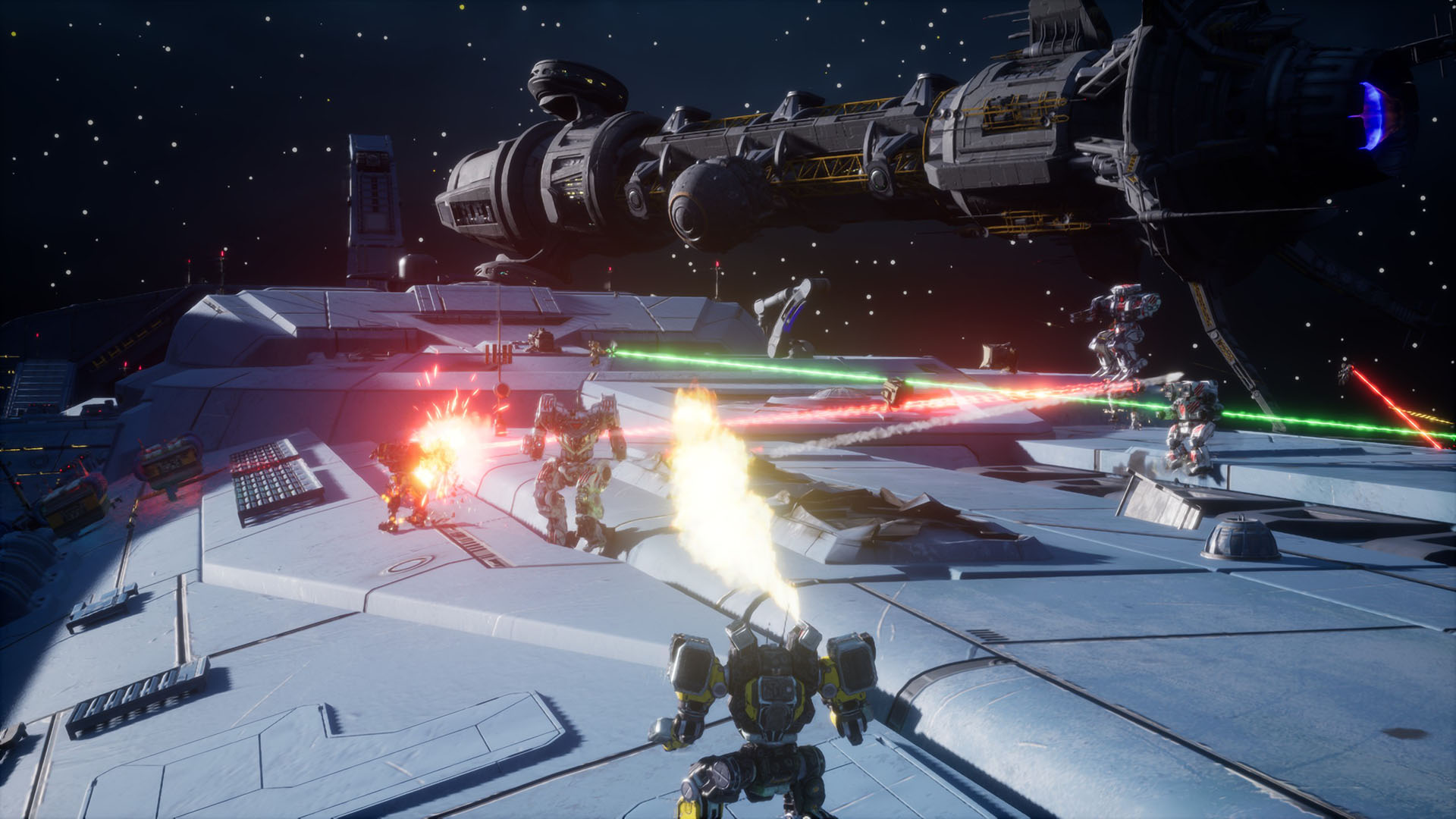I’d made up my mind about loving the alien planet cozy mech homesteading game Lightyear Frontier as soon as I saw its first trailer. After playing the demo in this week’s Steam Next Fest, and talking to Frame Break’s CEO Joakim Kopriva Hedström, I’ve not changed my mind. But it turns out that it isn’t the weeks-stealing farm sim obsession I’d expected. Instead, I found a well-oiled and approachable open world to-do list that may appeal to job simulator players much as to my usual farmcrafting friends.
Lightyear Frontier begins when I crash land on a planet and, with a robot assistant in my ear guiding me along, retrieve my huge mech suit. Clomping around in my giant red machine is immediately fun as I swivel to hack at trees with my spike saw arm and use my gatling-looking sprout cannon to zap new saplings right into the dirt. Its shiny primary color setting is giving me childhood playset vibes (in a good way) and the jaunty synth and acoustic guitar soundtrack had me humming along within the minute.
(Image credit: Frame Break)
Right after getting acquainted with my pilotable multi-tool, I’m setting up a base of operations for myself with a tent, campfire, storage chest, and crop planting plots. Despite how that sounds, this is not a survival game. I don’t have to worry about feeding myself, just the local wildlife.
Lightyear Frontier calls itself a “peaceful open-world farming adventure,” which means I’m building devices to process resources into materials, upgrading the collecting capabilities of my mech, and exploring the map (hand designed, not generated) to revitalize the biomes that have been taken over by mysterious purple goop.
Un-wasting space
That environmentalism angle is what initially drew me to Lightyear Frontier. Much as I love farm sims and crafting games, they both tend to encourage dominance. In Stardew Valley I clear-cut an entire property of trees and replace it with expensive fruit crops while crafting games invite me to build sprawling wood monuments to industry and ego.
Uplifting though those games can be, Hedström tells me that Frame Break wanted a different kind of positive message in Lightyear Frontier—one that doesn’t incentivize exploitation. “You want to have this harmony with nature,” he says. “You’re finding this amazing new planet and you don’t want to destroy it; you want to become a part of it.”
Seconds before feeding the giant alien bird, not attacking it. (Image credit: Frame Break)
One of my early goals is to find the nearby Pine Heights area, a barren and craggy biome devoid of life, and restore it by filling up my mech’s water tank and using an irrigation hose arm to blast away areas of purple goo on the ground. Power washing gunk with a percentage completion overhead is probably the main bit that made me think of job sims, I admit.
You’re finding this amazing new planet and you don’t want to destroy it; you want to become a part of it.
Frame Break CEO, Joakim Kopriva Hedström
After I locate all the offending globs and reach 100% restoration, the area grows grass where before it was barren and sprouts new tree leaves. I can now find aluminum and red crystals to mine and use in new constructions. Animal life returns too—some adorably horrifying “ratscallion” with their fleshy proboscis noses and bipedal legs—waiting for me to craft food to offer them. I stomp by some wild “rabbage” (alien red cabbage, it appears) which I suck up with my vacuum harvester attachment and bring back to plant in my garden plots.
That feedback loop didn’t always come so naturally, Hedström says. Earlier in development, Lightyear Frontier was more punitive, with an eco score and other measures meant to show players their impact, a system he describes as “take care of nature or bad things will happen.” That was way more stressful than it was fun for players, it turns out. Instead, Lightyear Frontier focuses on positive feedback in which “if you do good things, good things will happen to you.”
Unlike so many life sim farming games, the trees don’t just grow back on their own, for instance, which is part of this ‘do good for your own good’ ethos. “Players naturally start planting these groves of nearby trees instead of having to venture much further,” Hedström explains.
(Image credit: Frame Break)
I can feel that already in the demo as I start saw-arming through a grove of trees I’m camped near in the meadow area. As I notice them diminishing, I pull out my sprout cannon and fire some new seeds into the ground nearby. It’s a much more immediate gratification than any real reforestation project would provide, but as you’ve probably gathered from the mechs, Lightyear Frontier isn’t committed to being realistic.
When it comes to designing my homestead, the building system doesn’t go particularly deep. It uses prefabbed structures like the barn and a farmhouse, not individual building blocks to play with. Instead I unlock decor and other processing machines to customize the exterior of my interplanetary homestead. I can’t bring animals back to live on my farm yet, but that’s on the roadmap for early access, Hedström confirms.
Later in the game, there are slightly more alien biomes to restore and a story in which you’ll “decipher clues spread across the planet’s varied environments and uncover lost knowledge,” says Lightyear Frontier’s store page. That story is hinted at by a mysterious metal door that glows when I finish restoring Pine Heights.
(Image credit: Frame Break)
Lightyear Frontier strikes me as a game that takes a light touch to a lot of systems that other farming, crafting, or survival games go deep on. Building is pretty basic, as described, there’s a simple “economics” screen showing likely price changes on individual resources I can sell, occasional weather and hazards, and farming but without the passing of seasons. It’s all very low pressure in a way that makes me believe it will be an ideal Game Pass game, especially when it has four-player co-op at launch.
Lightyear Frontier’s demo is currently available on Steam as part of Next Fest until February 12. It will launch into early access on March 19 and will also be included in Game Pass.











